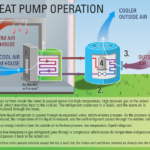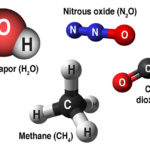
By Will Brownsberger Edited and reprinted with permission from Brownsberger’s blog, willbrownsberger.com/heat-pumps. Many people are seeking to shrink their personal carbon footprint. Many also seek to participate constructively in the energy systems transitions necessary to achieve net zero carbon emissions. There is a broad consensus among climate planners in Massachusetts that we need to electrify heating in buildings. However, each building raises unique challenges. This article attempts to summarize the environmental and consumer considerations for people seeking to electrify home heating. Many of these issues are explored in more depth in this heat pump outline. Several good heat pump applications [READ MORE]



